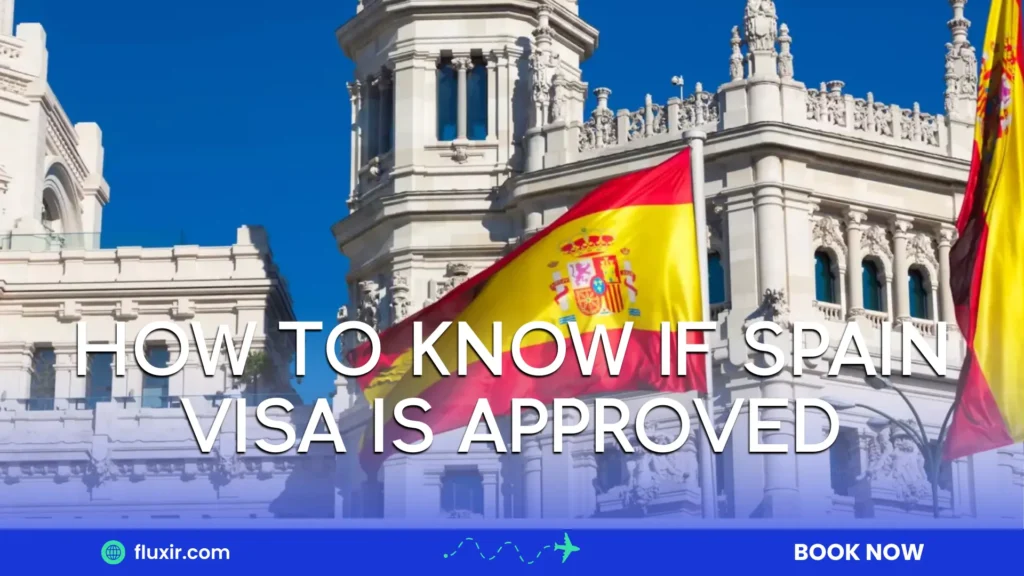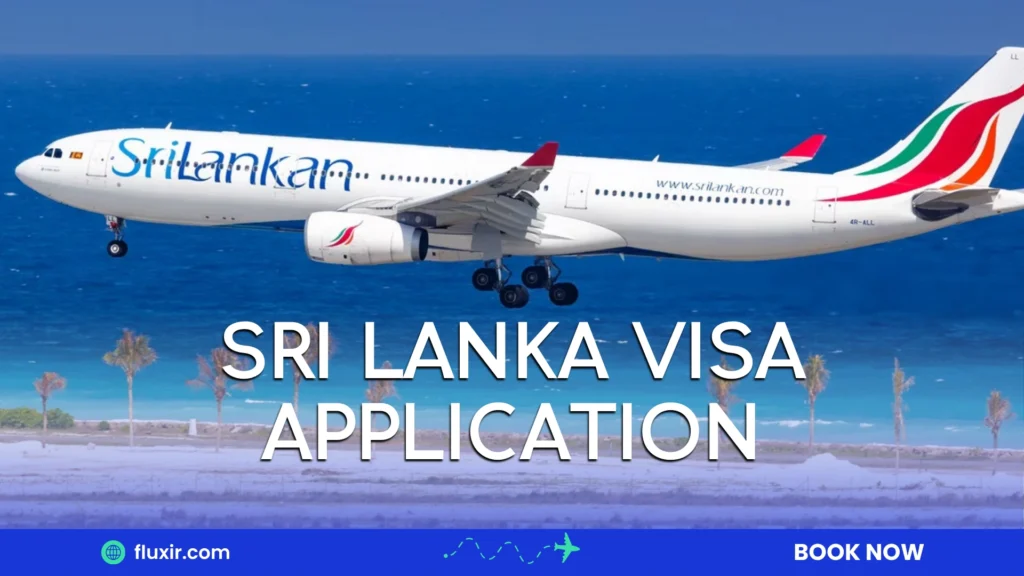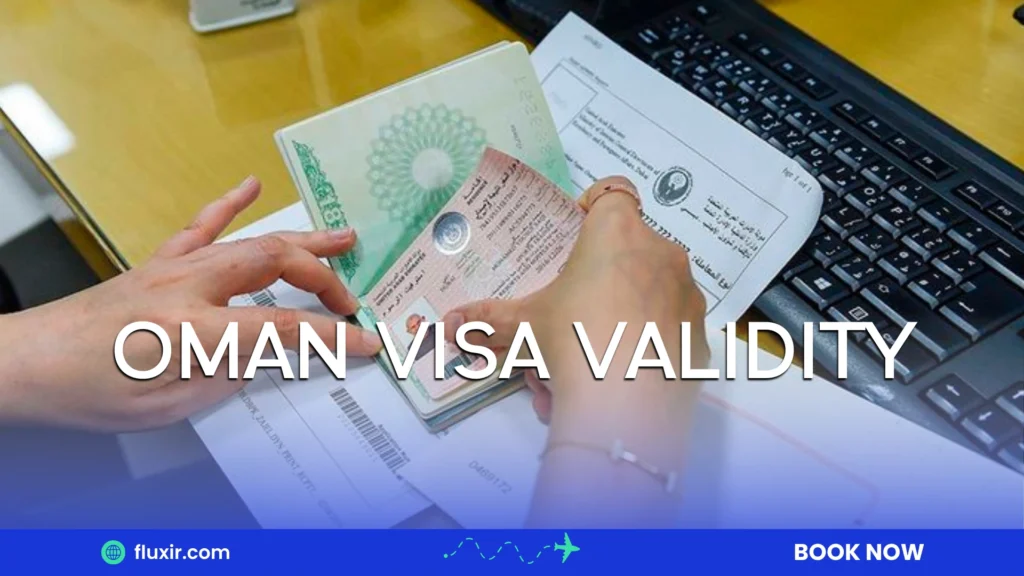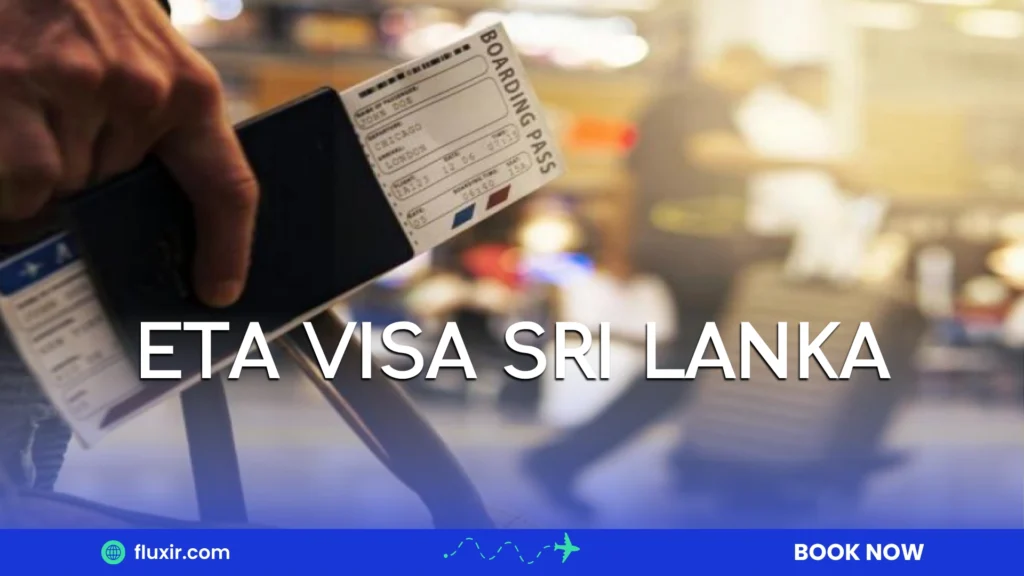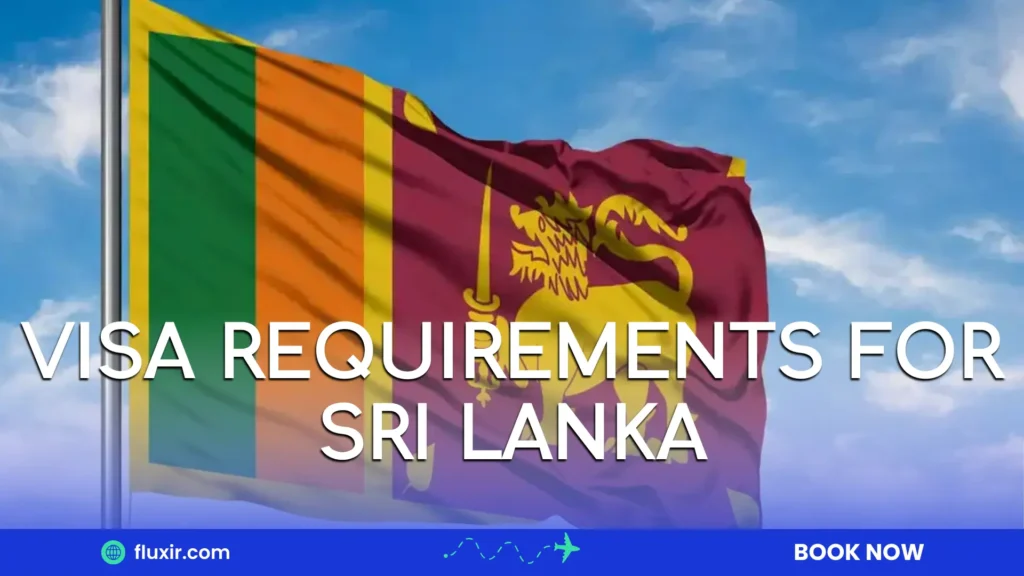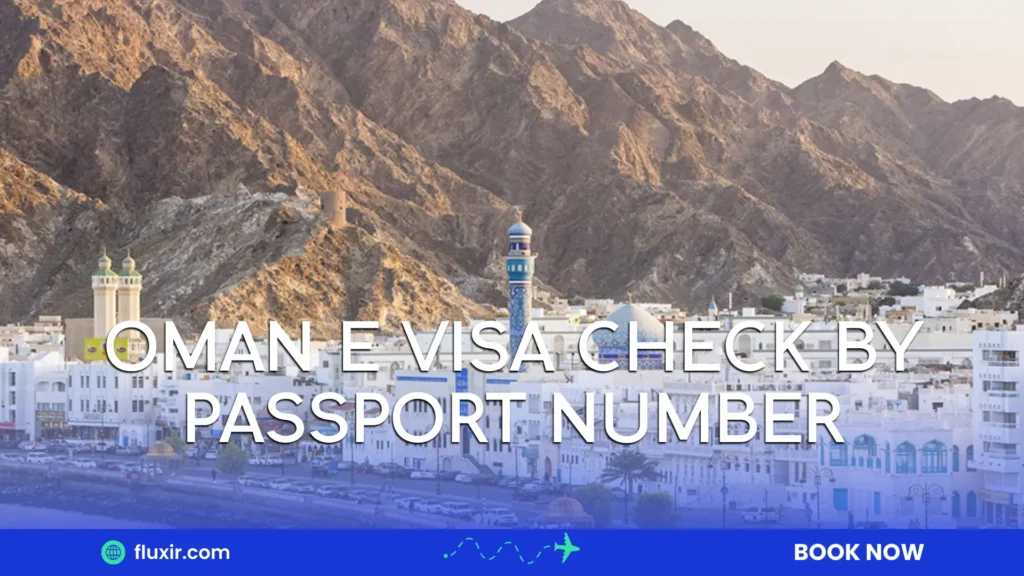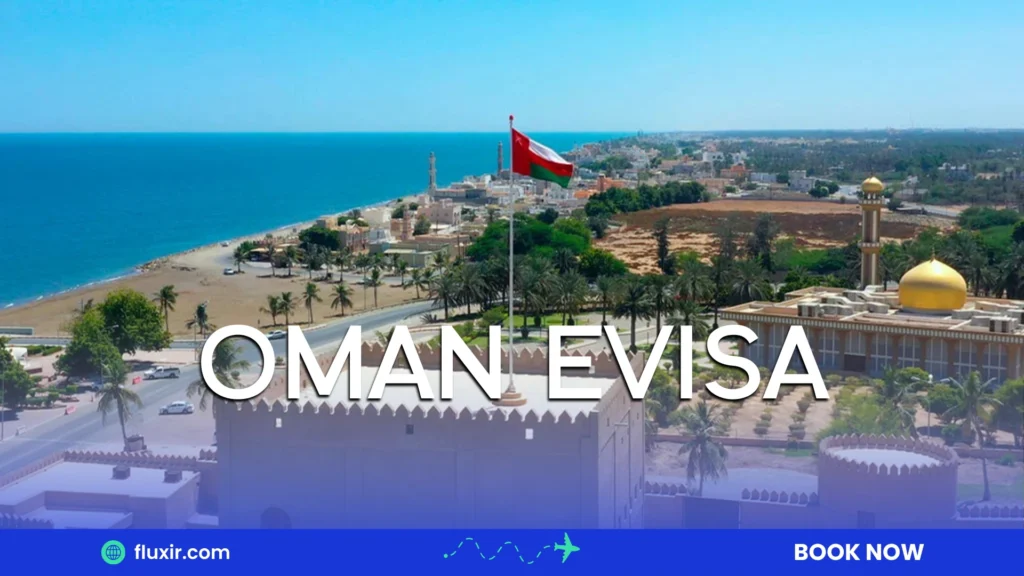How to Know if Spain Visa is Approved ?
Applying for a Spain visa is an exciting step towards experiencing the beauty, culture, and adventure Spain has to offer. But after submitting your application, the waiting period can feel endless. You might be wondering how to know if Spain visa is approved without stressing too much. In this guide, we at Fluxir will walk you through everything you need to know about how to know if your Spain visa is approved. Let’s get started. Why Knowing Your Spain Visa Status Matters Before we dive into the ways to track your application, let’s quickly understand why it’s important to check your visa status. Knowing how to know if Spain visa is approved helps you plan your trip efficiently. It saves you from last-minute stress, missed flights, or non-refundable bookings. It also gives you peace of mind during a process that can sometimes feel overwhelming. how to know if spain visa is approved There are a few simple and effective ways to check the status of your Spain visa application. The most reliable Ways to check if your Spain Visa is Approvedو include: In-Person Visits to the Application Centre One of the most straightforward ways on how to know if Spain visa is approved is by visiting the visa application centre where you submitted your documents. Most Spain visa centres have a customer service desk where you can inquire about your visa status. When visiting in person, make sure you bring a copy of your receipt or application number. The staff can give you a real-time update or guide you on the next steps if a decision has been made. Advantages: Quick answers Face-to-face interaction Immediate guidance if further documents are needed Contacting the Spanish Embassy or Consulates If visiting in person is not convenient or you need more detailed information, another way on how to know if Spain visa is approved is by directly contacting the Spanish Embassy or Consulates. You can call, email, or even book an appointment. When contacting them, provide your application reference number and full name. Be polite and clear with your request. They can check the system and inform you about the status of your application. Advantages: Reliable and official information Answers from the source directly handling your visa Online Tracking Systems Most Spanish visa application centres offer online tracking services. When you submit your application, you usually receive a tracking number. You can visit the website of the visa centre and enter your tracking number to check updates. This is one of the easiest and fastest ways for how to know if Spain visa is approved without leaving your home. Advantages: 24/7 access Instant status updates No need to wait in queues or on hold Email and SMS Notifications Sometimes, when you submit your visa application, you can opt in for email or SMS updates. If you choose this option, you’ll receive notifications at every stage of the process: when your application is received, when it is being processed, and finally when a decision is made. Checking your emails and SMS regularly is another great method for how to know if Spain visa is approved quickly and conveniently. Advantages: Immediate notification No manual checking required Easy to archive or save for future reference Understanding Visa Status Updates When you receive an update, it might not always say “approved” or “denied” right away. Here are some common terms and what they mean: Under Process: Your application is still being reviewed. Ready for Collection: A decision has been made; you need to collect your passport. Dispatched: Your passport has been sent to the address you provided. Approved/Granted: Congratulations! Your Spain visa is approved. Rejected: Unfortunately, your visa was not approved. You can usually appeal or reapply. Knowing how to read these status updates is an important part of how to know if Spain visa is approved. How Long Does It Take to Get a Spain Visa Approved? Normally, it takes around 15 calendar days from the date your application is submitted to get a decision. However, it can vary depending on the season, your application type, or additional documents requested. While you’re waiting, checking regularly using the methods we shared helps you stay informed without feeling anxious. What to Do If Your Spain Visa is Approved If you find out that your Spain visa is approved, congratulations! Here are your next steps: Collect your passport or wait for delivery Double-check the visa details (name, dates, number of entries) Book your flights and accommodations Prepare your travel itinerary Pack your bags and enjoy your trip! Finding out how to know if Spain visa is approved is only the beginning. Once you have your visa, exciting adventures in Spain await you What to Do If Your Spain Visa is Not Approved If your visa is rejected, don’t lose hope. Carefully read the reason for rejection (usually provided in writing), and you can: Appeal the decision if allowed Correct any mistakes and reapply Consult experts like Fluxir to help you prepare a stronger application At Fluxir, we specialize in helping travelers like you successfully navigate the visa process from start to finish. Get Expert Help With Your Spain Visa Today Planning your dream trip to Spain? Let Fluxir make it easy for you. Our experienced team offers full support for your Spain visa application, including helping you track your visa status so you’ll always know exactly how to know if Spain visa is approved. Contact us today at Fluxir and let’s turn your Spain travel dreams into reality without the stress.

